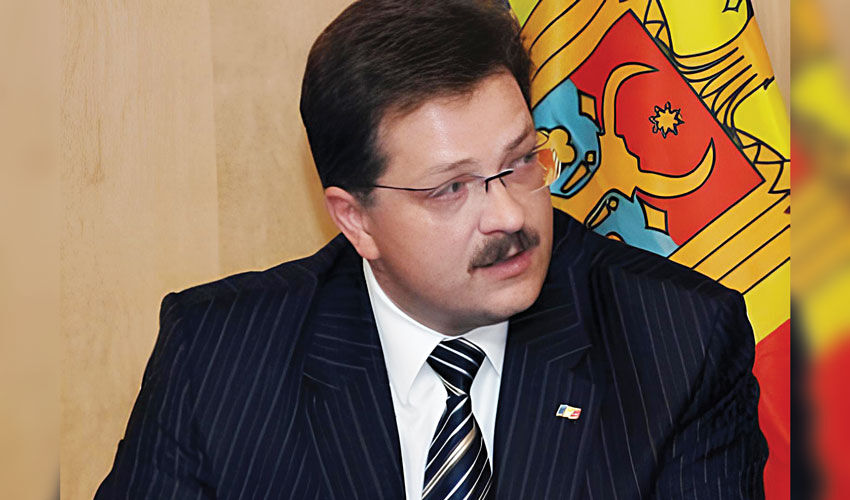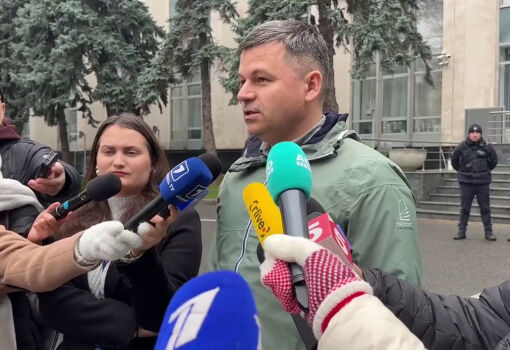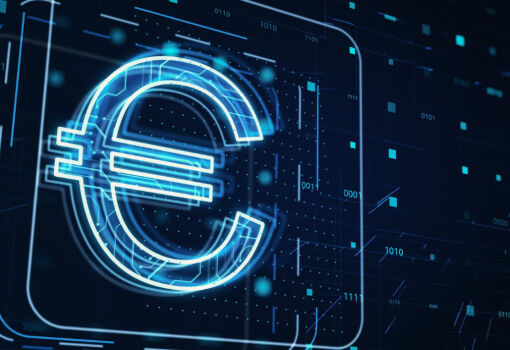
Andrei Stratan
And during the three-day Independence Day and Limba noastra Mother Language Day celebrations on August 31, high-minded speeches about independence, freedom and prosperity were repeatedly made from high podiums.
“Our independence is real. We can enjoy it, I personally enjoy it,” said a ruling party MP, who is known for having the highest pension among parliamentarians (25,746 lei per month).
According to the former deputy prime minister, “famous” for gas purchases, the country has gone from administrative independence to economic and energy independence. And now it faces the last challenge – political liberation from external influence (meaning the influence of one particular country).
On August 31, Prime Minister Dorin Recean inaugurated Moldova’s Day at the World Expo in Osaka, Japan. And he said that Moldova’s pavilion shares with the world the history of a nation proud of its heritage, confident in the future. (This is him, in case anyone did not understand, about the Moldovan people).
It is interesting that all the above mentioned speakers on other days of the year are actively campaigning for joining the EU as an alternative option for the future. That is – for the loss of a significant part of Moldova’s political and economic independence. Other options are not considered.
A natural question arises: what is real independence and do we really need it?
Independence is a political concept. However, one of its main components is economy. It is understood that independence is necessary for the life of the country’s population to improve from it. Therefore, when slogans like “In darkness, hunger and cold, but without you” are used to praise it, it is outright manipulation.
For the 34th anniversary of Moldova’s independence, expert Veaceslav Ionitsa prepared an analysis of the country’s economic development over the past years. His conclusions are disappointing – the Moldovan economy has degenerated.
If we take 1991 – the year of declaration of independence as a starting point, the most catastrophic drop in GDP occurred after the financial and economic crisis of 1998, which also affected Moldova. In 1999, the country’s GDP amounted to only 37.7% of the 1991 level. By 2010, it had risen to 63%, and by 2019 – to almost 91%. The closest the country’s GDP came to the 1991 level was in 2021, when it reached 94.8%. Then it fell again. This year, according to forecasts, it is expected to recover to 93.6% of 1991 values.
The biggest degradation over the years of independence occurred in the industrial sector of the country. According to Veaceslav Ionitsa, industrial production is expected to grow by only 2.5% in 2025, but this will allow reaching only 73.5% of the 1991 level. Agriculture – once the pride of Moldova – is also experiencing far from good times.
“This year, if in industry I am still optimistic, agriculture is expected to see a new decline of about 5%, and this is still a good option. Agriculture in 2024 has only recovered to 74.6% of its 1991 level. In 2025, 70% is expected. But Moldova’s biggest problem on the 34th anniversary of its independence is the dramatic decline in population. If at the time of declaration of independence there were 4 million 335 thousand people in the country, 3.6 million of whom live on the right bank, now we are only 2.7 million, of whom 2.4 million live in the right bank Moldova,” the expert said.
Thus, during the years of independence, the country has lost about 1 million 600 thousand of its citizens. The demographic imbalance is directly reflected in the ratio of working and pensioners – another ten years and their number will actually equal. According to statistical data, at the moment 635 thousand working people provide maintenance for 530 thousand pensioners.
The only indicator where, according to Veaceslav Ionita, we have made some progress over the past 34 years is the growth of the average salary. Today it amounts to 15,800 lei. In real terms, it is twice as high as in 1991.
But in general, it is obvious that the economic model operating in independent Moldova has not been able to prove its efficiency for 34 years. Why?
“Independence is always a good thing,” former Moldovan Foreign Minister Andrei Stratan noted for Logos Press. – Who doesn’t want independence? You just need to figure out why it doesn’t work for the benefit of society. If there are some health problems – we go to the doctor and he makes a diagnosis”.
The main problem of today’s Moldova is the inefficiency of management, the expert believes. There are no specific programs either in the economy or in agriculture.
“To make such a “diagnosis”, one should simply compare the huge sums that Moldova receives in the form of loans and gratuitous aid with what happens in the real sector of economy. Why 10-15 years ago there was some progress, movement forward, and now there is not? You cannot put everything down to the events in Ukraine. We need to look for the root cause of why the country’s economy is sliding downhill when we are assured that we are moving forward,” the expert suggests.
According to the National Bureau of Statistics, Moldova’s GDP in the first quarter of 2025 fell by 1.2% compared to the same period of the previous year.

